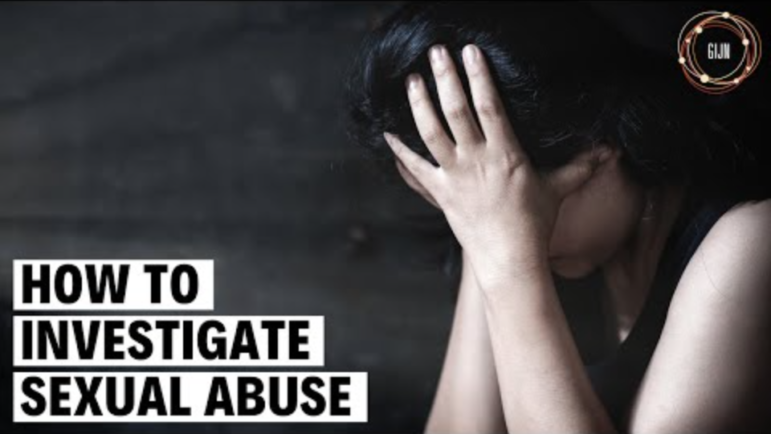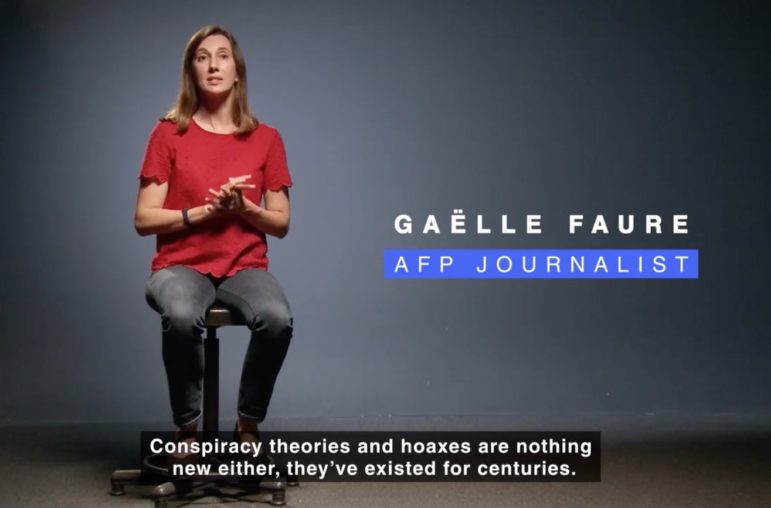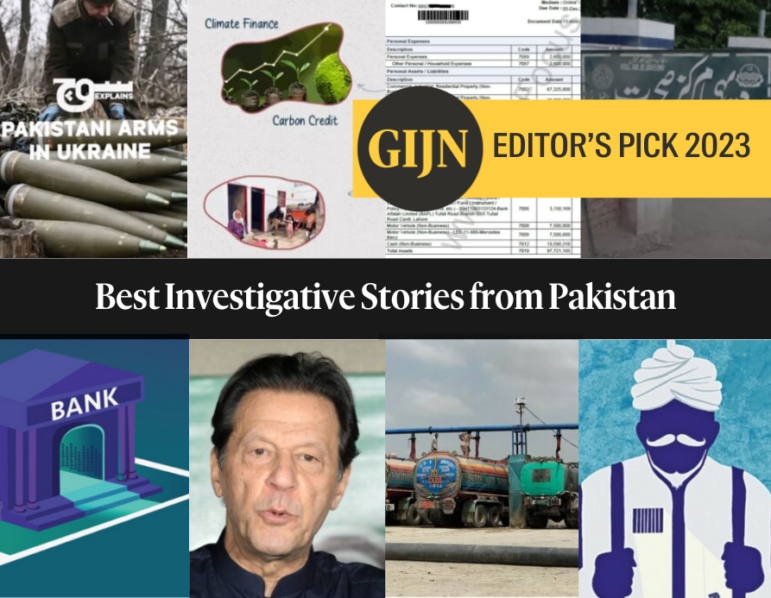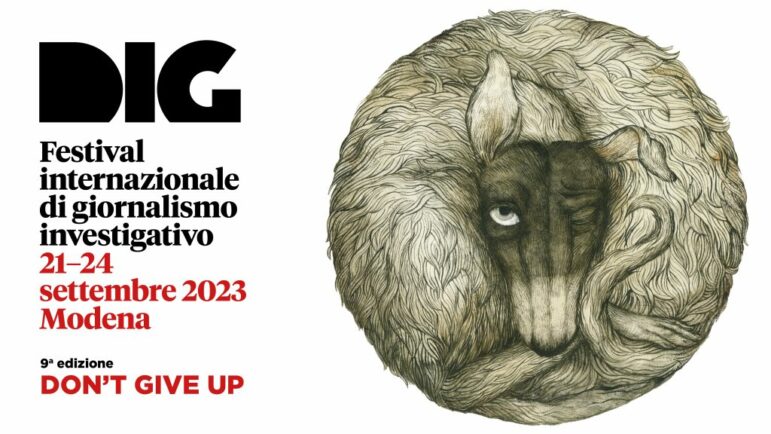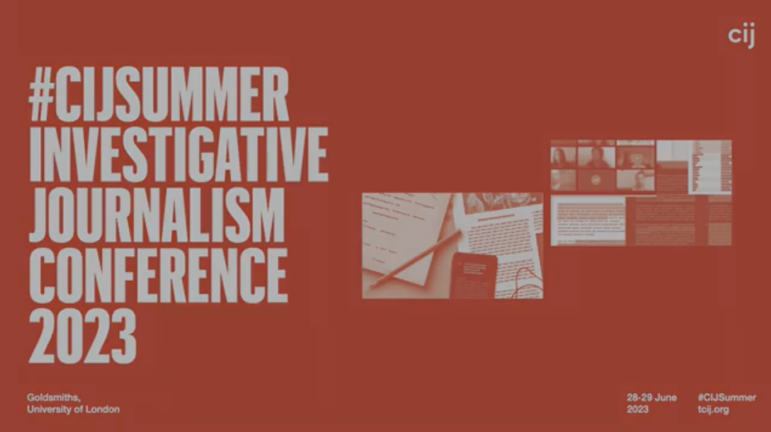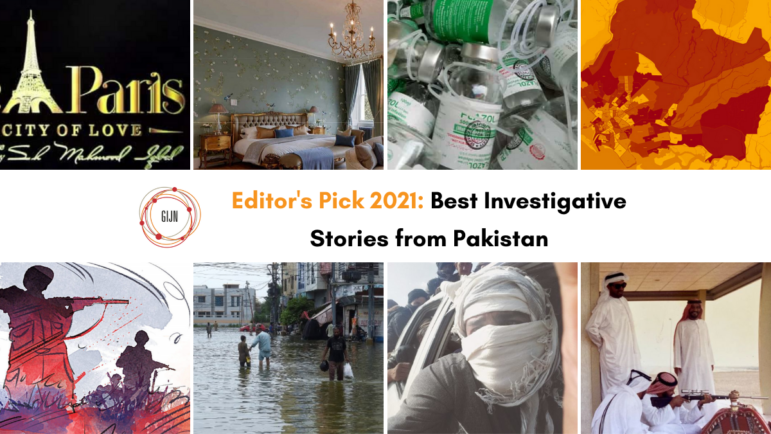

Editor’s Pick: 2021’s Best Investigative Stories from Pakistan
Read this article in
Attacks on reporters and a downward trend in transparency in Pakistan in recent years have had a notable impact, and the environment in the country is far from conducive to carrying out in-depth, hard-hitting investigative journalism. Added to this press freedom crackdown is a challenge more mundane but equally as frustrating for investigative reporters: a lack of digitized records, which makes it difficult for journalists to dig into data stories.
Despite this, journalists are using the resources available to them to continue investigating, using traditional shoe-leather reporting, cold calling and door knocking, and relying on communities to access information and even, at times, for data.
Reporters in Pakistan are also looking beyond the country’s borders for documents and sources from countries with greater transparency and resources more easily open to interrogation. Leaks also continue to be important source material for investigations. While some of these insider conversations border on political gossip, there have been instances where these leaks are accompanied by documents — a gold mine for journalists everywhere.
The stories we’ve picked out this year showcase the small but significant strides taking place in investigative journalism in the country. The stories reveal interesting new techniques used to explore stories that existed before, but which lacked data, or stories that take on open secrets like corruption and break down the structural issues that allow the perpetrators to continue to function with impunity. — Amel Ghani, GIJN Urdu Editor
Malik Riaz and the Art of the Deal
This is a long-form investigation by Dawn, one of Pakistan’s leading English language newspapers, into Malik Riaz, the country’s biggest real estate tycoon. The project started with documents revealed by Finance Uncovered, a UK-based investigative journalism project, about a probe by the British National Crime Agency (NCA), which fights organized crime. The probe ended in a £190 million out-of-court civil settlement against Riaz’s family — the terms of which remained a secret, with the agency stating that the payment “did not represent a finding of guilt.” This story explores the impact of the settlement on cases linked to Riaz in the Pakistani courts and related to land used to build exclusive housing communities for the rich.
Written by investigative journalist Naziha Syed Ali, who has spent years investigating real estate holdings in Pakistan, the piece not only looked at the documents provided by Finance Uncovered, but used information from official sources and court filings from Pakistan to piece together the government’s role in the secret settlement. Syed claims that the NCA might have allowed itself to be “manipulated by Pakistan’s power brokers” and the secretive non-disclosure agreement allowed the matter to be “swept under the carpet.” Neither Riaz nor the government responded to the Dawn investigation. However, the office of the Pakistani government’s “accountability czar” hailed the deal with NCA as a “success story of close cooperation between the United Kingdom and Pakistan’s multiple law enforcement agencies.”
Laying Waste to Human Health
Hospital medical waste is supposed to be burned off in specialized incinerators, but one reporter discovered how contaminated material is being recycled into household items. This story by Sujag, an independent news organization in Pakistan that prioritizes watchdog journalism, uncovered “a whole gang, including hospital administrators, janitors working at hospitals, garbage collectors and sellers, and industrialists who turn waste into plastic goods” despite government efforts to ensure that hospital medical waste is properly disposed. Exploring the structural flaws that allow this to happen, the reporter examined the supply chain from an incinerator worker — who complains that ordinary garbage and medical waste are not separated properly before they reach him — to the waste management firms. You can read this story in English and Urdu.
Accessing Data on Rapes
Finding data in Pakistan can be a challenge, and often reporters are forced to rely on shoe-leather reporting to collect even the simplest of datasets. Samaa Digital, the online division of the mainstream television channel Samaa, set out to find the number of women who had been raped in Karachi, Pakistan’s largest city, in the first half of 2021. They found that “the answer to this question is extremely hard to reach because the government, hospitals, and police don’t really make this data available.” So, reporters went to all the government hospitals in Karachi to ask how many medico-legal exams — carried out on victims who say they were raped — had been conducted. This led them to “rape registers” at each hospital where doctors had recorded the details of the exams. They found 302 of these examinations had been conducted in three major Karachi hospitals and, with this, reporters were able to piece together a raw dataset. While the picture was far from comprehensive, this investigation found hundreds of cases in just a short period.
Did the World Bank Fund Evictions in Karachi?
Karachi is one of the world’s megacities, with a population of 16.1 million people. But the size of this ever-growing metropolis puts increasing stress on its aging, urban infrastructure. In August 2020, unprecedented monsoon rains triggered massive flooding throughout the city, especially in newly built upper-middle class neighborhoods, thrusting Karachi’s system of drains — or nullahs — into the spotlight. This urban flooding prompted a government clean-up project, resulting in widespread evictions along the city’s river banks and drains. Samaa, in turn, questioned whether these moves were supported by the World Bank, which had pledged to support clearing the nullahs. Officials from the bank denied backing the evictions, which would go against the World Bank’s principles of social responsibility, but the investigation also looked into the question of tacit support, with one expert noting: “How are you supposed to clean drains without removing houses?” In a related story, Samaa Digital mapped out all of Karachi’s drains, making the data available to the public.
On the Human Smuggling Trail
A speeding driver, a broken car, and a never-ending desert. When Akbar Notezai, a reporter with the newspaper Dawn, decided to go undercover as an undocumented migrant crossing the Pakistani and Afghan border into Iran, he didn’t know what to expect. But his long-form investigation offered readers a first-person account of the human smuggling rackets in Balochistan that have transported, in his words, “hundreds of thousands of Afghans to the Iran border via Pakistani territory.”
In his story, he describes the vulnerability of these migrants, putting his own life in the hands of people who would shepherd him across an unforgiving region described by geologists as “the closest thing to Mars on Earth.” While the issue of migrants braving rough seas to find routes into Europe has been well covered in the press, very little is known about this leg of the journey, one taking place entirely on land but similarly perilous.
Hunting Season in Pakistan
Each year, sheiks from the United Arab Emirates’ royal family come to Balochistan, the largest and most remote part of Pakistan. Here they hunt the endangered houbara bustards, a rare bird believed by some cultures to increase a man’s libido. While this seasonal hunt is not a secret, BBC Urdu took a behind-the-scenes look into the lavish preparations made for these royal visits in a region that still suffers from widespread poverty. According to the BBC’s reporter, “the lavish reception stands out in a place like Pasni, where basic necessities are still a far-off dream for most locals.” The story speaks to the “powerful interests in Pakistan (that) support the secretive hunts, which have been going on for decades, as a way of furthering relations with influential players in rich Gulf states.”
Extrajudicial Killings in Pakistan
Three killings in three different cities seemed to point to a systemic problem of police brutality across Pakistan in this story by Voicepk, an independent news organization that highlights the lives of marginalized people and stories that dig into human rights abuses.
“The spate of violent deaths in January 2021 is not uncommon,” the Voicepk reporters noted in this deep dive into the various ways in which people die at the hand of the police. “Torture and brutality have been an age-old practice by Pakistan’s law enforcement agencies.”
The story analyzed a year’s worth of data by province and concludes that the “Punjab police proved to be the most trigger-happy as well as the deadliest, with 56 custodial deaths and encounter killings reported in the past year.” Reporters scoured news reports to create a more complete and nuanced picture of a topic that is seldom discussed in the public eye, where only the most brutal of cases are given attention.
Building a Counterfeit Paris
The plan was for a housing development that resembled the French capital. Residents choosing to invest in the project in Gujranwala, a major city in northern Punjab, were promised not only a secure, gated community but also a Disneyland-inspired entertainment park and one of the largest mosques in Asia. Plots of land were to be made available through a ballot system, with registration costing 125,000 rupees (US$700), and only those who possessed a registration certificate would be eligible to take part in the ballot.
But according to an investigation by independent news site Sujag, these grand promises and a massive advertising campaign for Le Paris unraveled since “nobody knows where exactly it is going to be built.” The Securities and Exchange Commission of Pakistan expressed concerns about the land lottery, while the Gujranwala Development Authority stated that Le Paris was “a fake and illegal housing scheme which did not have GDA’s approval” and expressed concern about the ballot. The legal advisor of Le Paris has contended that the firm is only “registering buyers who will buy plots in the scheme in future,” something he told reporters was not illegal, and dubbed the SEC’s concerns “baseless.” Another employee said the location was not being revealed in case landowners increased the price of their land before it could be purchased for Le Paris. The story is available in both English and Urdu.
Additional Resources
Sujag: Investigative Journalism from the Margins of Power in Pakistan
Dawn, Pakistan’s Paper of Record, Under Pressure as Military Tightens Grip
Meet the Exiled Pakistani Journalist Documenting Censorship in South Asian Newsrooms
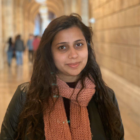 Amel Ghani, GIJN’s Urdu Editor, has reported on various issues, from the rise of religious political parties in Pakistan to the environment and digital rights. She is a Fulbright Fellow and holds a Master’s degree in journalism from Columbia University, where she specialized in investigative journalism.
Amel Ghani, GIJN’s Urdu Editor, has reported on various issues, from the rise of religious political parties in Pakistan to the environment and digital rights. She is a Fulbright Fellow and holds a Master’s degree in journalism from Columbia University, where she specialized in investigative journalism.

